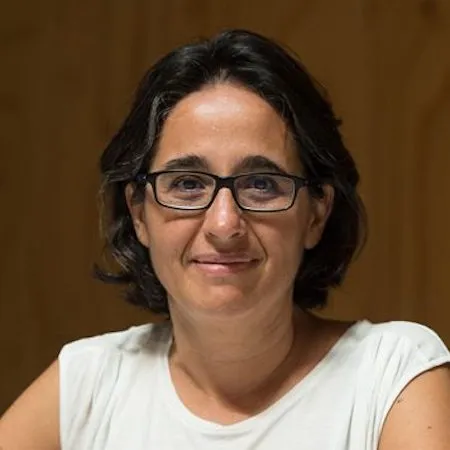Current understanding of traditional ecological knowledge depicts those bodies of knowledge as threatened and eroding, but—at the same time—as dynamic and adaptive. In this seminar, Dr. Victoria Reyes-García will analyze those apparent contradictions and explore the issue of the value of traditional ecological knowledge (TEK) systems as the main cause of its endurance. To do so, she will first provide a brief review of the change of status of traditional ecological knowledge both in academia and international policy. From being perceived as a vestige of the past bound to disappear with economic development and market integration, over the last two decades traditional ecological knowledge has been redeemed and reshaped. The change can be related to two lines of thought relatively new in the academic arena: on the one hand, traditional ecological knowledge ability to adapt to change and on the other the myriad of values associated to traditional knowledge systems. Dr. Reyes-García will conclude by putting TEK systems in a larger epistemological perspective, and elaborate on other potential contributions of TEK for the "knowledge society."
Presenters

Victoria Reyes-García
Dr. Victoria Reyes-García (PhD in Anthropology, 2001, University of Florida) is ICREA Professor at the Environmental Science and Technology Institute at Universitat Autonoma de Barcelona (UAB). Her research addresses the benefits generated by local ecological knowledge and the drivers of change of this type of knowledge. Victoria has worked in international research projects since 1996. She lived among the Tsimane', a hunter-gatherer society in the Amazon, from 1999 until 2004. She has experience in multidisciplinary research, working with anthropologists, agronomists, biologists, economists...

Victoria Reyes-García
Dr. Victoria Reyes-García (PhD in Anthropology, 2001, University of Florida) is ICREA Professor at the Environmental Science and Technology Institute at Universitat Autonoma de Barcelona (UAB). Her research addresses the benefits generated by local ecological knowledge and the drivers of change of this type of knowledge. Victoria has worked in international research projects since 1996. She lived among the Tsimane', a hunter-gatherer society in the Amazon, from 1999 until 2004. She has experience in multidisciplinary research, working with anthropologists, agronomists, biologists, economists, archaeologists, and computer scientists. Since April 2006, she coordinates the Ethnoecology Laboratory, which catalyses projects studying the dynamic relations among people, biota, and environments. She has more than 100 publications in peer-reviewed journals. In 2010 she received a Starting Grant from the European Research Council to study the adaptive nature of local ecological knowledge using a cross-cultural comparative approach.
Victoria's research encompasses the interdisciplinary study of dynamic relations among peoples, biota, and environments. She uses a multidisciplinary perspective (working with ecologists, economists, psychologists, agronomists, archaeologists, and computer scientists) and empirical data to analyze 1) the effects of global change on rural societies and 2) social responses to environmental issues. Her research draws on the insights from the natural and behavioral sciences at multiple levels: from the views of villagers in developing nations to those of policy makers in industrial nations. Her current areas of research include (1) the adaptive nature of culture, (2) global change in small-scale societies, and (3) emerging conservation tools.